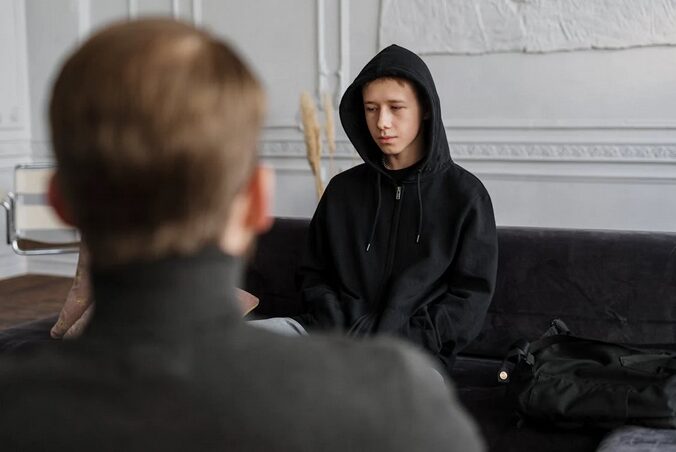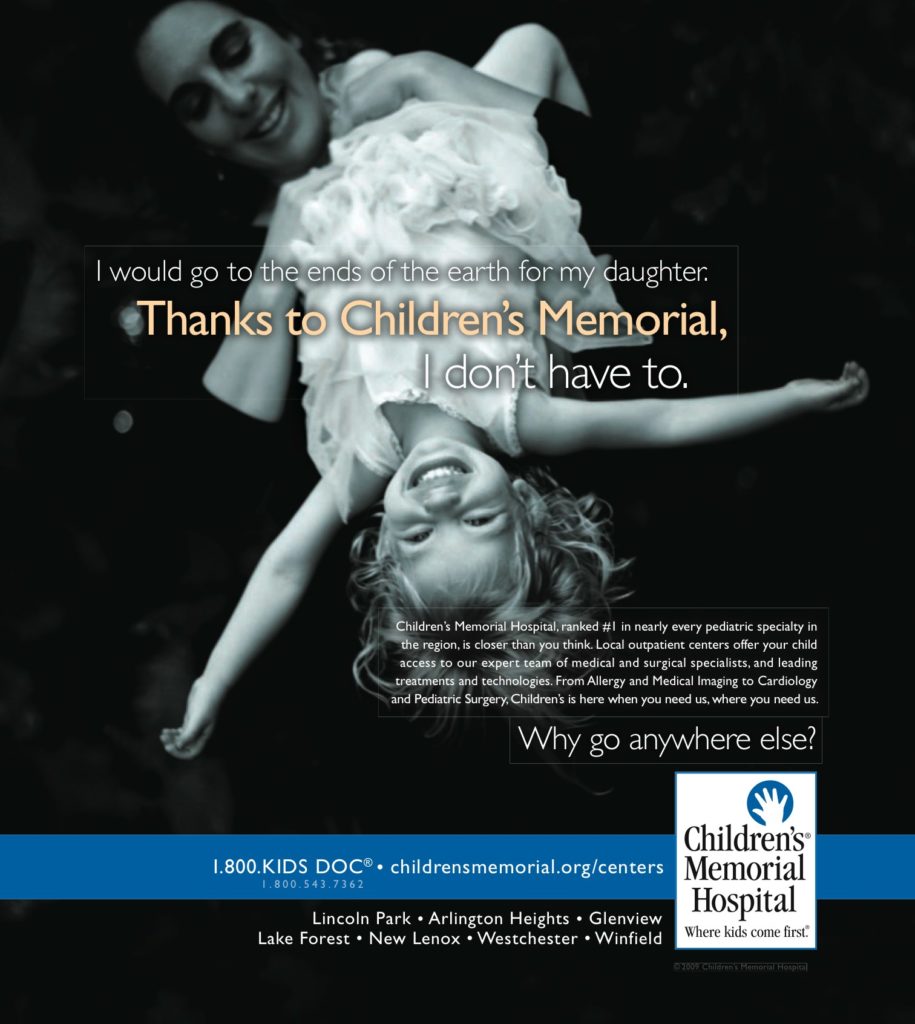Breaking the Silence: Addressing Men’s Mental Health in a Stigmatized World

In a world that often equates strength with silence, many men find themselves trapped in an invisible cage of expectations and stigma. While conversations around mental health have gained momentum, a shadow still looms over men’s struggles as societal norms discourage vulnerability and promote stoicism. But what if we could shatter these barriers? Imagine a culture where males are free to express their emotions without worrying about criticism—where asking for assistance is viewed as a brave gesture rather than a sign of weakness. Join us on this vital journey to break the silence surrounding men’s mental health, explore the unique challenges they face, and uncover ways we can foster open dialogue and support for all. It’s time to rewrite the narrative; let’s start talking.
The Silent Struggles Men Face

Many men grow up in an environment where expressing vulnerability is seen as a sign of weakness. Phrases like “man up” or “boys don’t cry” are ingrained in many cultures, leading men to suppress their emotions and avoid seeking help when they need it most. As a result, mental health issues like anxiety, depression, and stress often go unnoticed or untreated. Men may struggle silently, believing that reaching out for help is a sign of failure or that their issues aren’t as valid as those of others.
This silence is not only harmful, it’s dangerous. Studies show that men are more likely to die by suicide than women and mental health conditions often worsen without proper treatment. The fact that men are less likely to discuss their feelings, seek therapy, or open up about their struggles only exacerbates the problem. We must break this silence and make room for men to talk about their mental health in a supportive and non-judgmental environment.
The Impact of Gender Norms on Mental Health
Traditional gender roles play a significant part in why men’s mental health is so often overlooked. Society expects men to be strong, independent, and stoic, and these expectations can create immense pressure. When men feel like they don’t meet these standards, they may struggle with feelings of inadequacy or shame, which can contribute to mental health problems. Instead of embracing a healthy range of emotions, men are often taught to bottle them up, leading to isolation, frustration, and emotional distress.
By shifting the narrative around masculinity and creating a space where men can embrace emotional vulnerability, we can help break down the barriers that prevent men from seeking help. We need to redefine what it means to be a man in a way that allows for emotional openness and mental well-being.
Normalizing Conversations Around Men’s Mental Health

The first action in breaking the stigma surrounding men’s mental health is formalizing the discussion. Men should be inspired to talk about their mental health, just as women are. Opening up about struggles like anxiety, depression, or stress should be seen as an act of strength, not weakness. We can foster an atmosphere where guys feel empowered to put their mental health first and get assistance when they need it by telling their stories, spreading awareness, and providing support.
Public figures and celebrities who openly discuss their mental health struggles can also play a pivotal role in normalizing these conversations. When men in the spotlight talk about their experiences, it shows others that it’s okay to be vulnerable and seek support. The more we talk about men’s mental health, the more it becomes an accepted part of everyday conversation.
The Role of Support Networks

Creating a solid support system is key for anyone struggling with mental health, and men are no exception. Encouraging men to build relationships where they feel safe sharing their feelings can make a huge difference. Whether it’s friends, family members, or professional counselors, having people who listen without judgment is crucial for mental health recovery. Social connections help combat loneliness and can provide the encouragement needed to seek help.
Therapy and counseling should also be normalized for men. Therapy isn’t just for women or those in extreme distress; it’s a helpful tool for anyone looking to improve their mental health, gain insight, or healthily process emotions. Men should be encouraged to see therapy as a valuable resource, not as something they should avoid or feel ashamed of.
Men’s mental health deserves more attention, and breaking the stigma surrounding it is crucial for creating a healthier, more supportive society. By encouraging open conversations, challenging outdated gender norms, and offering strong support networks, we can help men feel comfortable seeking help and taking care of their mental well-being. Let’s work together to normalize the discussion of mental health for men and create an environment where everyone feels empowered to care for their mental health without fear of judgment or shame.…





